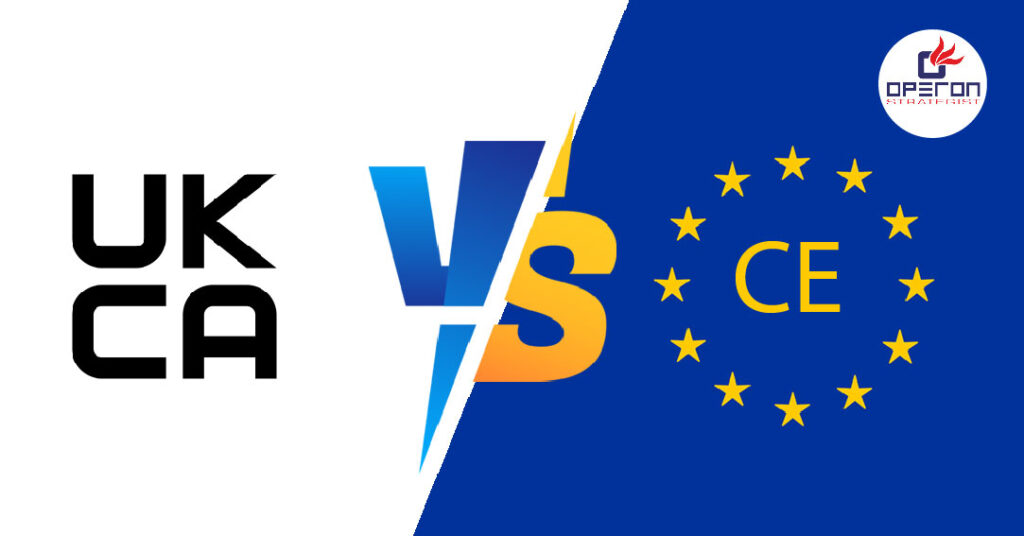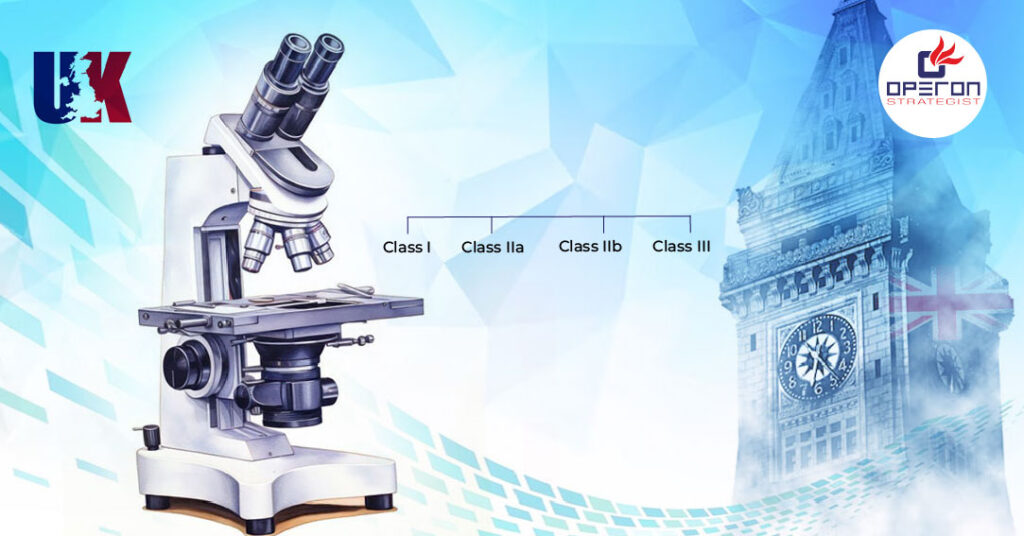The regulatory landscape for medical devices in the UK and Europe has undergone significant transformation since Brexit. The divergence between UKCA (UK Conformity Assessed) marking and the CE Marking system has introduced new compliance challenges and opportunities for manufacturers. These changes have especially impacted medical device manufacturing companies operating across borders. This comprehensive guide explores how these regulatory shifts affect manufacturing processes, product placement strategies, and how medical device regulatory consulting in the UK can help navigate this evolving terrain.
What is UKCA Marking?
UKCA (UK Conformity Assessed) marking is the UK’s post-Brexit replacement for the CE Mark. It applies to most goods previously subject to CE marking, including medical devices, and indicates that a product complies with the UK’s health, safety, and environmental protection standards.
Contact Us Today
Introduced in January 2021, UKCA marking is mandatory for medical devices placed on the Great Britain market (England, Scotland, and Wales). However, Northern Ireland continues to follow the EU CE marking under the Northern Ireland Protocol.
What is CE Marking?
CE marking is the European Union’s certification system that ensures products meet EU regulatory requirements. It remains essential for medical device manufacturers who wish to sell in EU countries and Northern Ireland. Products with CE marking can circulate freely within the EU Single Market.
Key Differences Between UKCA and CE Marking for Medical Devices
| Feature | CE Marking | UKCA Marking |
|---|---|---|
| Regulatory Authority | European Medicines Agency (EMA) | UK Medicines and Healthcare products Regulatory Agency (MHRA) |
| Territory | EU, EEA, Northern Ireland | Great Britain (England, Scotland, Wales) |
| Applicable Directives | MDR 2017/745, IVDR 2017/746 | UK Medical Device Regulations 2002 (as amended) |
| Notified Bodies | EU Notified Bodies | UK Approved Bodies |
| Recognition | Recognized across the EU | Not recognized in EU or Northern Ireland |
| Implementation Deadline | Already in effect | Extended transition until 1 July 2030 (for most products) |
How These Changes Impact Medical Device Manufacturing
1. Duplicated Regulatory Pathways
Medical device manufacturers that operate in both the UK and EU must now maintain two parallel regulatory pathways. This includes separate conformity assessments, technical documentation, and registrations with different regulatory bodies.
2. Increased Costs and Resource Allocation
Implementing both UKCA and CE marking procedures often leads to higher compliance costs, such as hiring medical device regulatory consultants in the UK or EU, as well as increased administrative efforts.
3. Supply Chain Disruption
Post-Brexit border checks and diverging regulations can lead to delays in supply chains, particularly for components and raw materials crossing between the UK and EU.
4. New Labelling Requirements
Medical device manufacturers must update their packaging and documentation to reflect the applicable marking. Products sold in Great Britain must now carry UKCA marking, while those in the EU and Northern Ireland require CE marking.
5. Revised Roles for Economic Operators
UK regulations now require appointing a UK Responsible Person (similar to the EU Authorized Representative) for non-UK manufacturers placing devices on the GB market. This added requirement increases compliance complexity.
Transition Timeline: What You Need to Know
To ease the burden on industry, the MHRA has extended the transition period for UKCA marking. Medical devices that are CE marked under EU MDR and IVDR can continue to be placed on the Great Britain market until 30 June 2030, subject to specific conditions. However, manufacturers must still register their products with the MHRA and comply with post-market surveillance and vigilance requirements.
Why You Need Medical Device Regulatory Consulting in the UK
Successfully navigating the dual compliance requirements for UKCA and CE marking demands expertise in both regulatory systems. Medical device regulatory consultants in the UK offer:
- Strategic compliance planning for both UK and EU markets
- Technical documentation preparation
- Conformity assessment support
- Product registration with MHRA
- Label review and guidance
- Post-market surveillance management
Partnering with a qualified regulatory consultant ensures that your medical device manufacturing process is streamlined and fully compliant, reducing the risk of market delays or non-compliance penalties.
Tips for Manufacturers: Adapting to the New Regulatory Era
- Audit your product portfolio to determine where each device will be marketed and what marking it requires.
- Engage with UK Approved Bodies early for UKCA marking if CE certification will not be recognized.
- Appoint a UK Responsible Person if you’re based outside the UK.
- Use professional regulatory consulting services to bridge gaps in compliance knowledge and reduce time to market.
- Plan for future changes, as the UK government continues to update guidance and requirements, including a potential new UK medical device framework.
Start Your Compliance Journey
Drive Compliance and Growth with Expert Help
If you’re navigating the UKCA and CE marking maze, Operon Strategist can help you achieve seamless compliance. As a trusted medical device regulatory consulting partner in the UK, we simplify the complex, so you can focus on innovation and manufacturing excellence.
👉 Contact Us Today for tailored guidance on UKCA and CE marking strategies.


